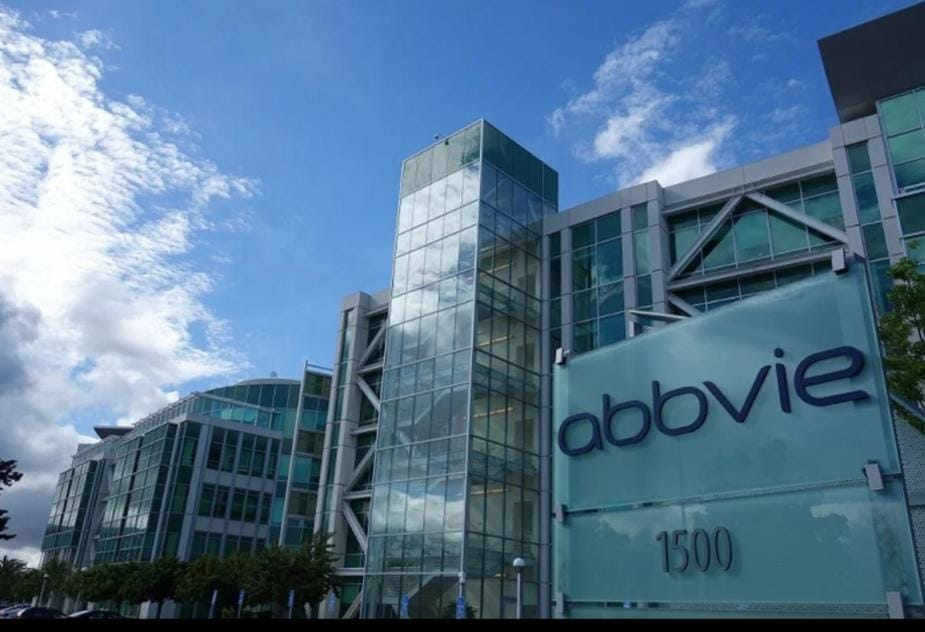Summary :
Chicago-based AbbVie has been making major decisions with company-wide impacts. The therapeutic company appears to be making changes that will benefit its bottom line.

AbbVie recently reported its full-year and fourth-quarter 2021 financial results, stating increases in revenue across several of its portfolios: hematologic oncology, neuroscience and aesthetics. In its fourth quarter, AbbVie reported worldwide net revenues of $14.88 billion, an increase of 7.5% on an operational basis. Its shares on the stock market also recently outperformed biopharma competitors Pfizer, Eli Lilly & Co and AstraZeneca.
Amongst healthy and prosperous profits, AbbVie has recently been making company changes that appear to be in pursuit of promoting its bottom line. The company revealed in a Securities and Exchange Commission filing on Thursday morning that it axed a fibrosis program that it paid Morphic $20 million for in 2020. The therapeutic program was aimed at using integrin inhibitors, designed to prohibit integrins from regulating cellular growth and proliferation, to treat fibrotic diseases where cells exhibit abnormal signaling. The program was pulled because of a suspected on-target safety signal.
AbbVie also axed its pension plan for new U.S. hires, although the company did not disclose any changes to its 401(k) plan for employees hired after the start of 2022. As shown in the company’s most recent filing, the AbbVie pension plan had $3.7 billion in assets while its primary 401(k) plan had $7 billion in assets.
Speculation about AbbVie’s successes this year and beyond has been especially bountiful after the Food and Drug Administration (FDA) released a drug safety communication warning about the potential dangers of Janus Kinase (JAK) inhibitors.
In the communication released in September 2021, the FDA required revisions its most prominent warning, the Boxed Warning, for Xeljanz, Olumiant, and AbbVie’s Rinvoq. After reviewing a large, randomized safety clinical trial of patients taking Xeljanz, the FDA concluded that taking these therapeutics causes an increased risk of serious heart-related events such as heart attack or stroke, cancer, blood clots and even death.
Because Rinvoq shares the same mechanism of action as Xeljanz, the FDA determined that it poses similar risks. The updated warning could cause doubt in physicians and patients who are considering the treatment.
Despite the FDA’s updated warning, AbbVie is predicting a greater than $15 billion revenue in combined Skyrizi and Rinvoq risk-adjusted sales for 2025. The company anticipates that Rinvoq will deliver risk-adjusted sales of greater than $7.5 billion within the next three years.
However, others predict that if the treatment is not used as a primary target treatment, the company could suffer a $1-$3 billion reduction from their sales estimate. Doctors have already made statements in several publications stating that patients should try switching treatments and talking to their healthcare providers to determine if the treatment is still right for them considering cardiovascular risks.
AbbVie also faces potential losses as its anchor product, Humira, faces the loss of exclusivity in 2023. Humira, used in the treatment of moderate to severe rheumatoid arthritis, has proven to be the company’s blockbuster therapeutic, providing $5.334 billion to the company in 2021. AbbVie stands to lose its prize therapeutic as biosimilars are poised to enter the market in 2023. During a conference call, Chairman and CEO Rick Gonzalez stated that Skyrizi and Rinvoq would become the company’s anchors as they can be commercialized across all Humira’s major indicators, and the company expects that the two will exceed peak revenues achieved by Humira.
Only time will tell if Rinvoq will prove strong considering increased warnings for patients. AbbVie continues to move forward on its leading portfolio of eye care treatments and is planning to present data at the 2022 American Glaucoma Society Annual Meeting in March 2022. The company has been working on an ongoing Phase III study of DURYSTA, a therapeutic approved by the FDA in March 2020 that is intended to reduce eye pressure in patients with open-angle glaucoma and ocular hypertension. AbbVie will also present on the safety and efficacy of the XEN Gel Stent, a surgical implant designed to lower eye pressure in open-angle glaucoma patients who have failed surgical interventions.

